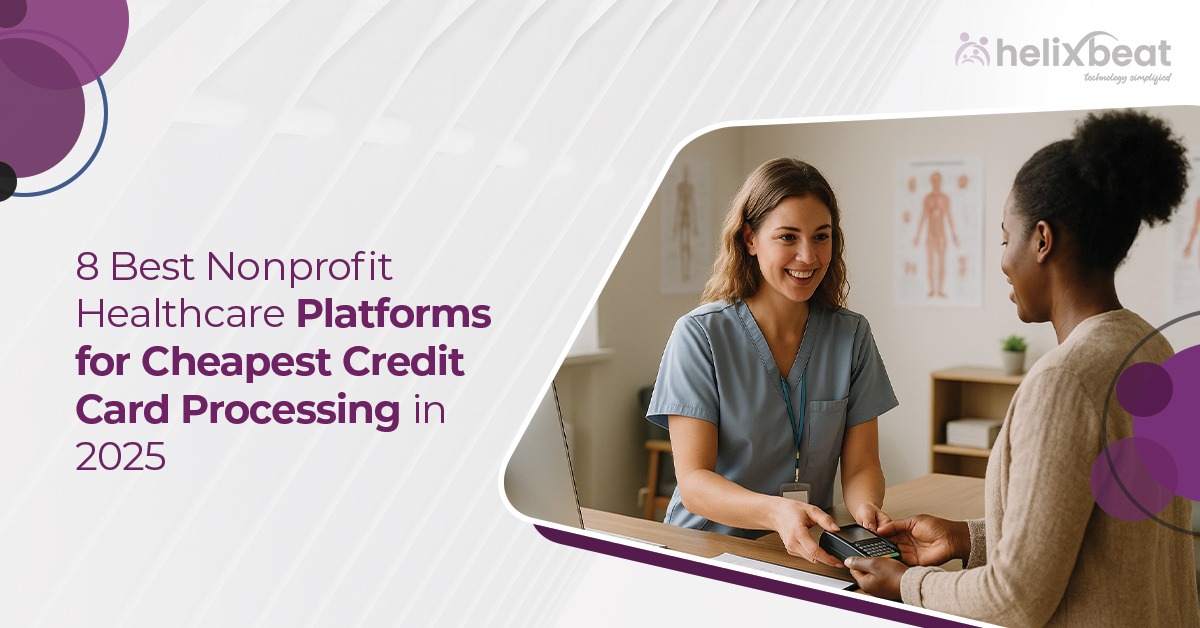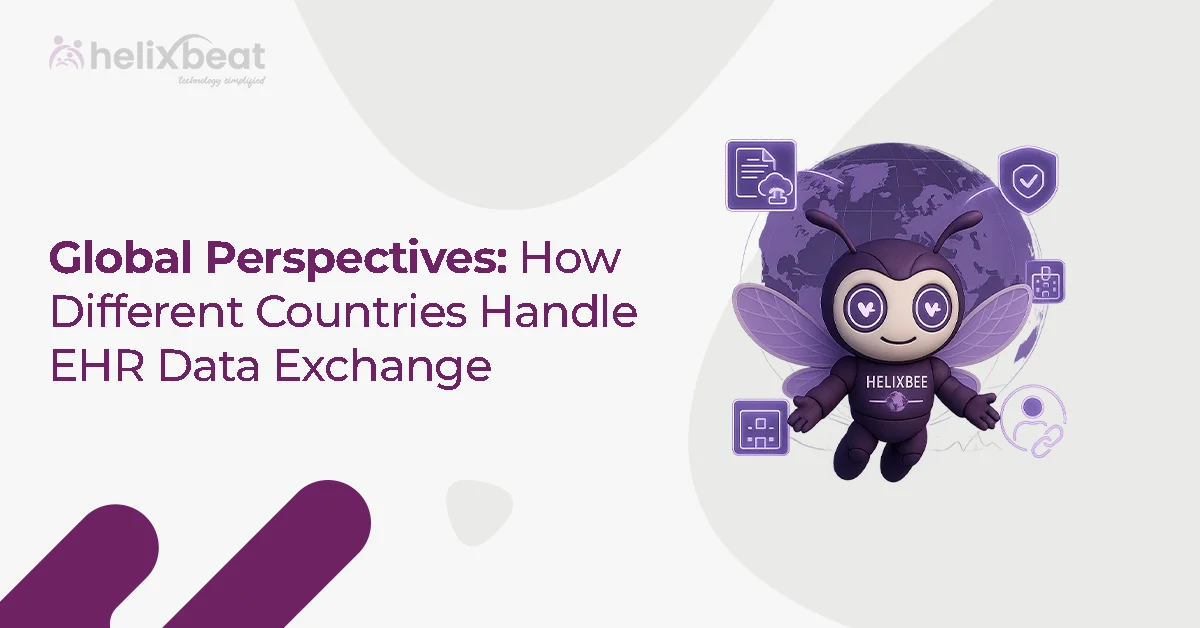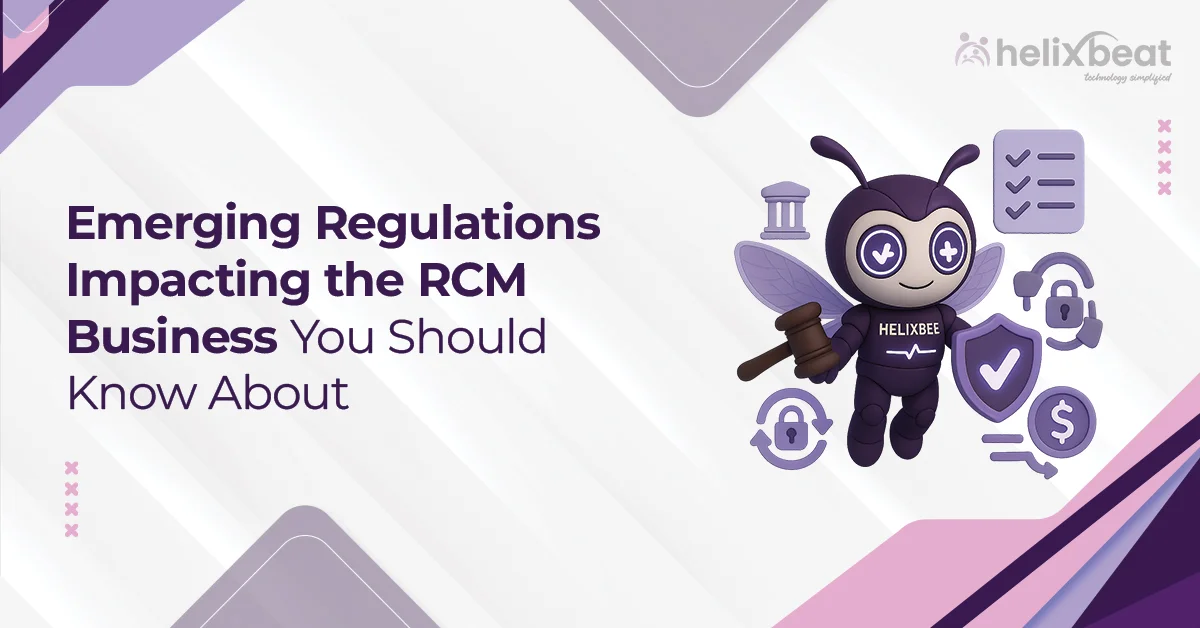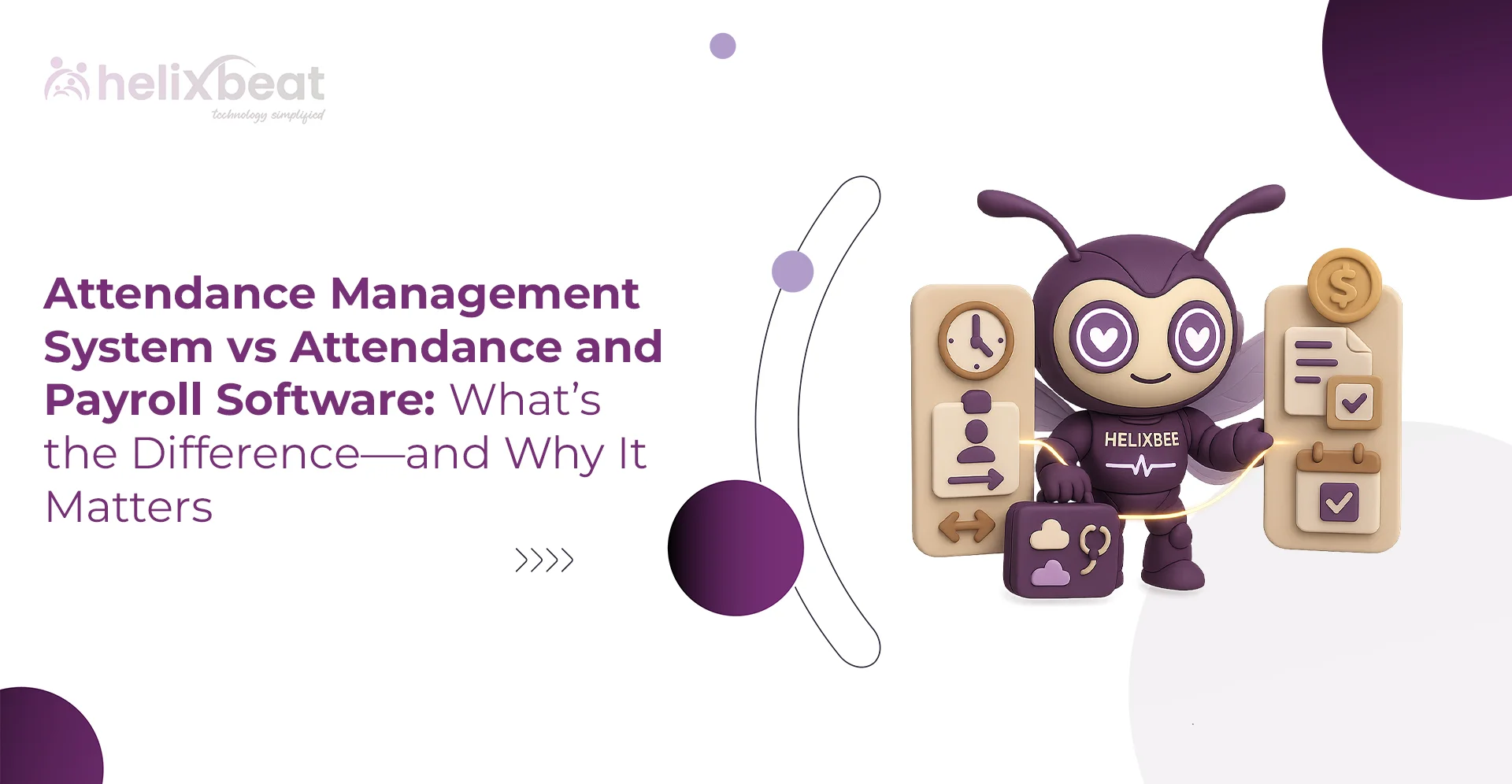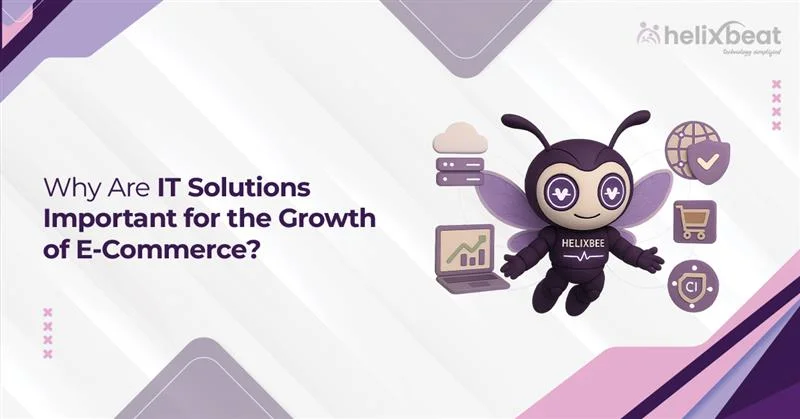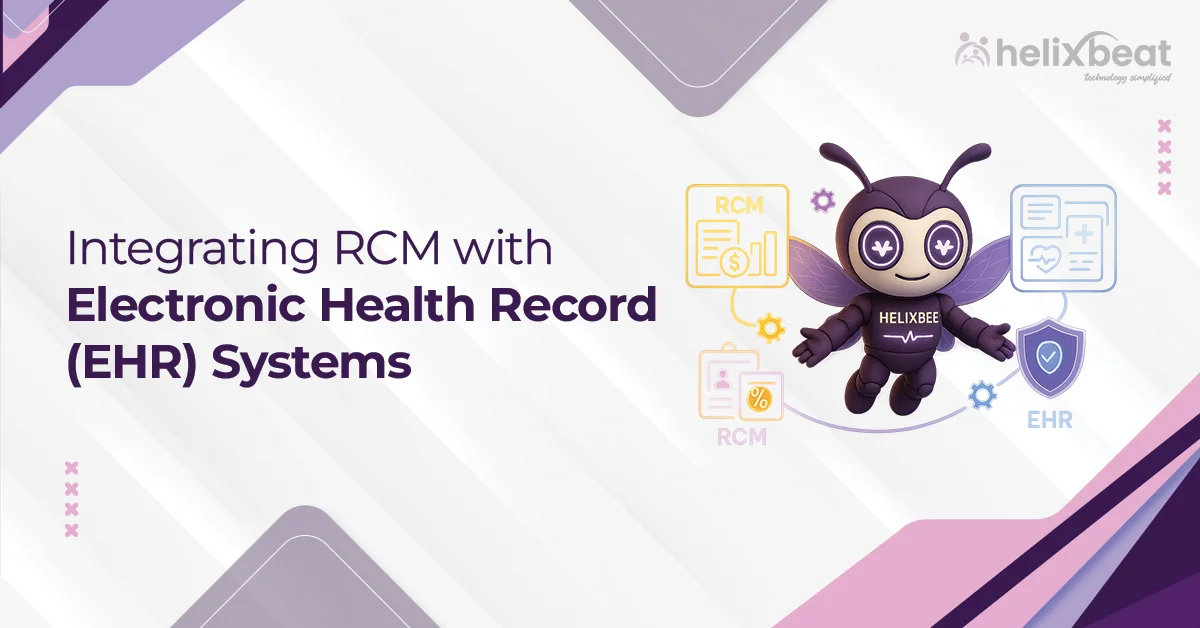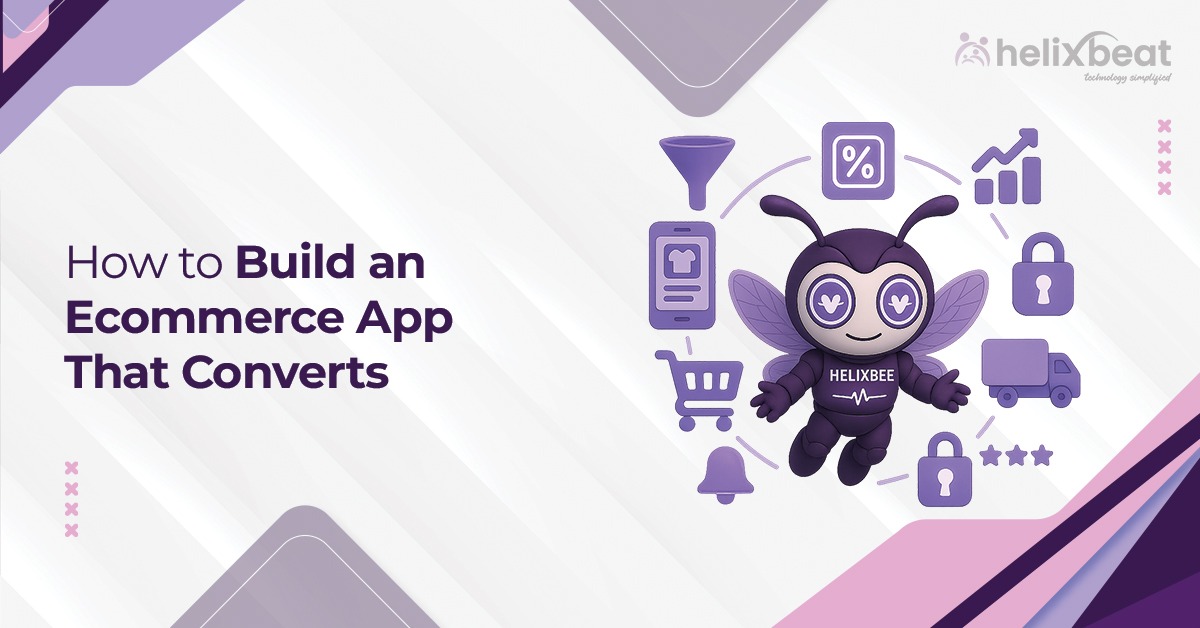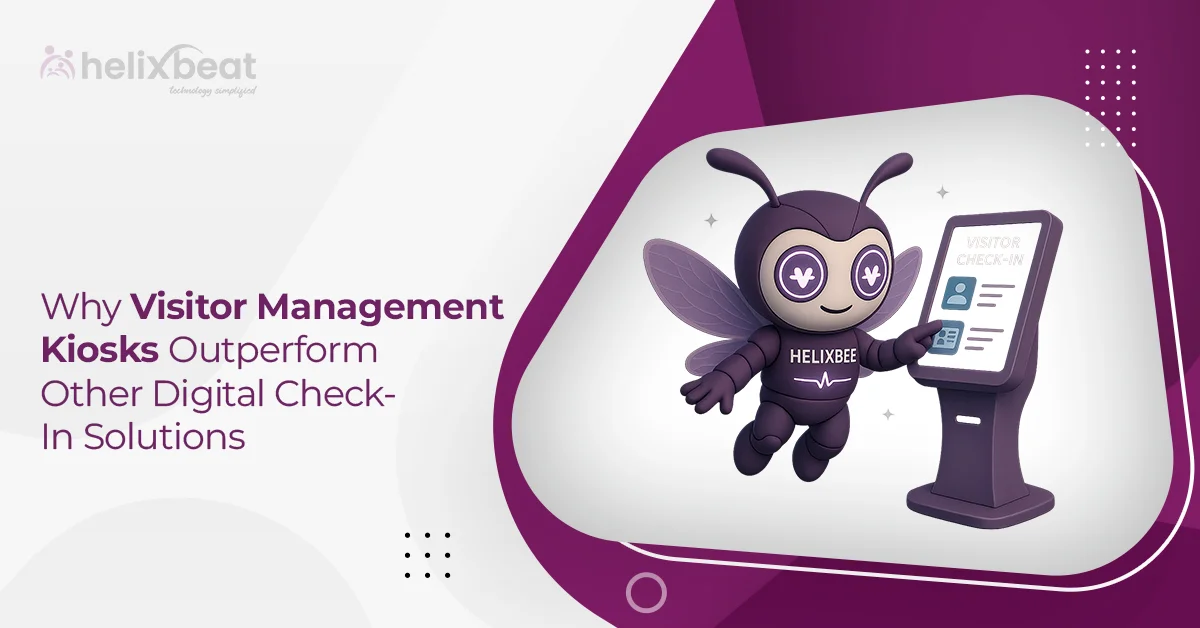Table of Contents
Introduction
In 2025, non-profit healthcare providers are working harder than ever to balance compassionate patient care with the growing demands of digital administration. One of the most overlooked aspects of managing healthcare finances is payment processing. With limited budgets and increasing patient volumes, non-profits need the cheapest credit card processing solutions to ensure every dollar counts.
Whether you’re running a community clinic, a mobile health unit, or a donation-based telehealth service, choosing the right payment system could mean the difference between operating efficiently or bleeding money in transaction fees. Thankfully, today’s online payment providers are becoming more affordable, mobile, and easy to integrate into healthcare workflows.
This blog explores the 8 best non-profit healthcare platforms offering the cheapest credit card processing in 2025 — all designed to make payments simpler, more secure, and cost-effective.
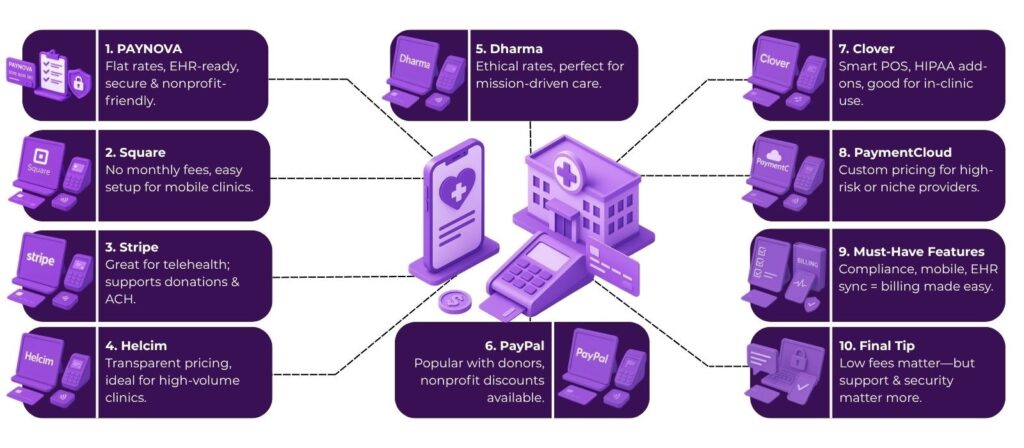
Why Cheapest Credit Card Processing Matters for Healthcare
Non-profit healthcare organizations often operate on tight margins, relying on grants, donations, and low-cost care models. When payment processors charge excessive fees for each transaction, these small amounts add up — reducing your ability to reinvest in patient care, technology, or staffing.
Here are a few key reasons why cheap payment processing is critical:
- High Volume, Small Payments: Many clinics process dozens of low-value payments daily. Lower fees increase your net revenue.
- Recurring Donations & Subscriptions: Processing donor payments, recurring donations, or low-cost patient services must remain affordable.
- Remote & Mobile Needs: In rural or underserved areas, portable credit card processing allows caregivers to accept payments on the go.
- Transparency & Trust: Affordable and transparent billing boosts patient confidence and encourages timely payments.
That’s where the cheapest credit card processing platforms become essential. Let’s look at the best options available in 2025.
Top 8 Non-Profit Healthcare Platforms for Cheapest Credit Card Processing in 2025
1. PAYNOVA
Tailored specifically for healthcare, PAYNOVA offers one of the cheapest credit card processing services in the industry. With a flat in-person rate of 2.60% + $0.10 and manual entry fees at just 3.5% + $0.15, it’s ideal for both clinics and mobile care teams.
What makes it stand out:
- Seamless integration with EHR and PMS
- Full HIPAA & PCI-DSS compliance
- Mobile wallet and ACH support
- Custom pricing for large-scale nonprofits
- Real-time dashboards and donation-friendly interfaces
With features like top mobile credit card processing and full compatibility with online giving, Helixbeat‘s PAYNOVA ranks among the best online payment providers for small-to-mid non-profits.
2. Square for Healthcare
Square delivers simplicity, mobility, and transparent pricing, tailored for clinics and health events. Its point-of-sale hardware supports portable credit card processing with no monthly fees. Square charges 2.6% + $0.10 per swiped transaction.
Key benefits:
- Ideal for pop-up clinics and mobile health vans
- Easy setup with mobile apps and terminals
- Accepts donations and patient payments seamlessly
Square is an excellent option for cheap payment processing, especially for nonprofits that need flexibility without the commitment of a monthly plan.
3. Stripe with HealthTech Integrations
While not healthcare-exclusive, Stripe supports integrations with platforms like Hint and Jane, making it a smart choice for remote clinics or telehealth startups. It offers cheapest credit card processing capabilities for online-first operations.
Why choose Stripe:
- Competitive pricing: 2.9% + $0.30
- Supports ACH, Apple Pay,Google pay.
- Customizable API for donation workflows
- Digital invoicing and patient billing
Stripe’s scalability and tech-forward approach make it one of the most adaptable online payment providers for digital health platforms.
4. Helcim
Helcim stands out with its interchange-plus pricing model, which is transparent and especially beneficial for high-volume non-profits. The platform also provides free tools like invoicing and customer portals.
Top features:
- No monthly fees
- Transparent rate structure with real-time cost breakdowns
- Mobile-friendly terminals and top mobile credit card processing support
Helcim is a strong pick for growing non-profit clinics that want cheap payment processing with more financial control.
5. Dharma Merchant Services
Built for mission-driven organizations, Dharma offers ethical, transparent, and low-cost payment services. It specializes in supporting nonprofits through tailored pricing and tools.
Highlights:
- Interchange-plus pricing with no extra markup
- Free virtual terminal for online payments
- Customizable donation pages
It’s ideal for donation-heavy nonprofits that prioritize values along with the cheapest credit card processing.
6. PayPal for Non-Profits
Though not always the cheapest, PayPal is widely recognized and trusted by donors. It offers discounted rates for eligible nonprofits — 1.99% + $0.49 per transaction — along with extensive fundraising integrations.
Key advantages:
- Instant donation buttons for websites
- Recurring billing and donor management tools
- Integration with most fundraising and CRM platforms
PayPal offers great online payment provider tools for large donation campaigns, but may not suit nonprofits focused on minimizing fees.
7. Clover with Healthcare Add-ons
Clover provides smart POS systems with support for healthcare settings. With healthcare-specific software and portable credit card processing, it’s a great fit for clinics and urgent care units.
Why Clover works for nonprofits:
- Pricing starts at 2.3% + $0.10
- Sleek terminals with tap, chip, and swipe functionality
- Supports HIPAA-compliant software plugins
This system is ideal for physical locations that need fast, reliable, and cheap payment processing with healthcare features.
8. PaymentCloud
PaymentCloud is perfect for niche healthcare organizations — including addiction centers, mental health clinics, and high-risk categories. It offers flexible, customizable pricing structures.
Features include:
- Works with multiple gateways and platforms
- Advanced fraud protection
- Custom pricing for nonprofits
While not always the cheapest credit card processing upfront, PaymentCloud excels at offering tailored solutions for complex healthcare billing scenarios.
How to Choose the Cheapest Credit Card Processing Platform for Your Hospital
Finding the cheapest credit card processing solution for a hospital isn’t just about picking the provider with the lowest transaction fee — it’s about balancing affordability with compliance, security, and seamless integration into your hospital’s workflow.
Here’s how hospital administrators and finance teams can make the smartest choice:
1. Check for Transparent Pricing
Hospitals handle thousands of transactions each month. Even a 0.1% difference in rates can result in huge savings.
- Look for flat-rate pricing (e.g., 2.6% + $0.10 per transaction) or interchange-plus pricing with no hidden fees.
- Avoid providers with monthly minimums, setup charges, or long-term contracts.
- Request a detailed cost breakdown including charges for swiped, keyed-in, ACH, and mobile transactions.
Pro tip: Run a sample bill comparison using your hospital’s average monthly transaction volume across different vendors.
2. Look for Special Healthcare Discounts
Many hospitals qualify as non-profits or community health centers, which may make them eligible for discounted rates.
- Platforms like Paynova, PayPal, and Dharma Merchant Services offer lower fees to 501(c)(3) organizations.
- You’ll need to submit your non-profit certification or EIN number to unlock these rates.
Pro tip: Always ask sales reps directly about “non-profit” or “healthcare partner” pricing — it’s not always listed on the website.
3. Make Sure It Supports Mobile and Remote Payment Options
Whether you’re billing in the ER, at a rural clinic, or after a telehealth visit, portable credit card processing matters.
- Choose platforms that offer mobile POS devices, tap-to-pay, wallet support, and secure remote invoicing.
- This flexibility helps hospitals collect co-pays at the point of care, improving cash flow and reducing billing cycles.
Pro tip: Look for tools like PAYNOVA that work well for in-clinic and mobile outreach programs.
4. Ensure Full Compliance and Security
In healthcare, HIPAA and PCI-DSS compliance isn’t optional — it’s essential.
- Choose vendors that meet HIPAA standards for handling patient-related payments and communications.
- Ensure they offer end-to-end encryption, tokenization, and secure patient data handling.
Pro tip: Ask for third-party certifications and check whether their platform integrates with your hospital’s compliance protocols.
5. Check Integration with EHR, PMS, and Accounting Tools
Your hospital’s payment platform should sync effortlessly with your systems — not create extra manual work.
- Ensure compatibility with EHRs like Epic, Athenahealth, Cerner, or Kareo.
- Look for real-time syncing with your billing and finance software (like QuickBooks).
- Some platforms also connect with donor management tools for fundraising arms of hospitals.
Pro tip: Platforms like PAYNOVA are built specifically to integrate with EHRs and PMS tools, reducing errors and administrative work.
6. Evaluate Support and Uptime
Even the cheapest platform is worthless if it fails during critical billing moments.
- Choose a provider with 24/7 support, especially if you operate emergency services.
- Ask about uptime guarantees, downtime procedures, and hardware replacements for terminals.
Conclusion
Affordable payment processing is no longer a luxury — it’s a necessity for non-profit healthcare. Whether you’re a mobile vaccination unit, a neighborhood clinic, or a large non-profit network, the cheapest credit card processing solutions can help you stretch every donation and keep your mission sustainable.
From online payment providers like Paynova to top mobile credit card processing options like Clover and Square, today’s landscape is full of budget-friendly tools that make it easier than ever to serve patients — and get paid.
For true peace of mind and purpose-built healthcare tools, Paynova leads the way as the cheapest credit card processing partner tailored to the unique needs of modern non-profit providers.
If your clinic is ready to simplify billing, reduce overhead, and deliver smoother payment experiences in 2025, now’s the time to act.
Ready to revolutionize how your non-profit gets paid? Choose Paynova.
FAQs
- What is the most important factor to consider when choosing the cheapest credit card processing solution for healthcare clinics?
Look for platforms with flat or transparent pricing, low per-transaction fees, and full support for EHR integration, especially for clinics with tight margins.
- How can small or budget-conscious healthcare providers lower their payment processing fees?
Opt for systems offering reduced in-person and manual entry rates, ACH options, and the ability to handle donations or co-pays with minimal fees.
- Are there credit card processing systems that support direct integration with hospital billing tools?
Yes, some platforms are designed to plug directly into EHR or PMS software, helping reduce administrative costs and billing errors.
- Why is portable credit card processing important for mobile health clinics and home care units?
Portable systems allow caregivers to accept payments on-site, improving patient convenience, reducing billing cycles, and ensuring faster revenue collection.
- How does HIPAA compliance affect digital payment systems in healthcare?
Compliance ensures patient payment data is protected. Look for platforms that use encryption, tokenization, and secure cloud architecture with audit trails.
- Do payment processors offer flexible pricing for large hospital networks or specialized care units?
Yes, some platforms provide scalable pricing models and custom rates based on monthly transaction volumes or care delivery types.
- Which tools improve billing transparency and help avoid hidden processing costs?
Real-time dashboards, clear fee breakdowns by transaction type, and itemized reporting tools help healthcare finance teams stay in control.



